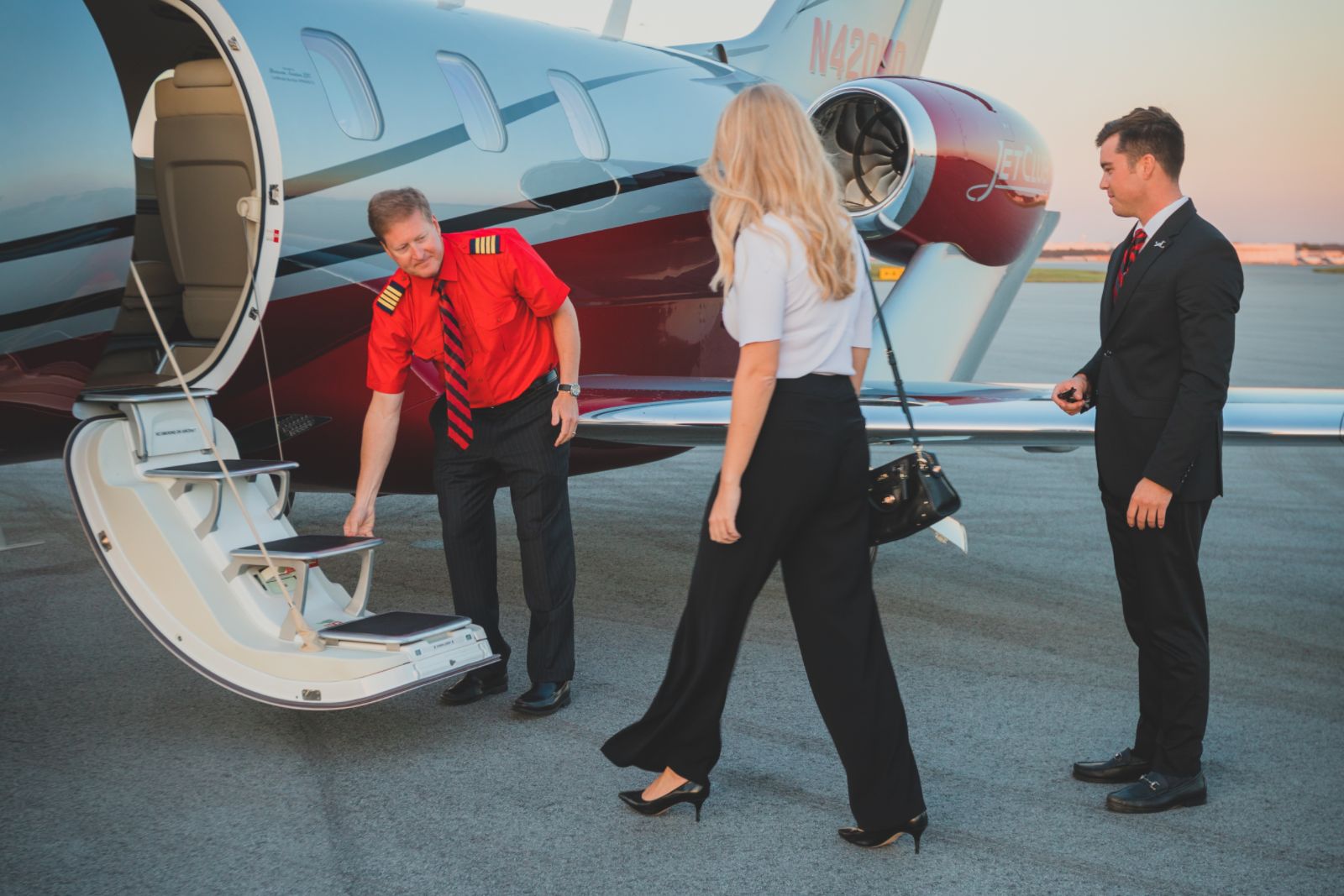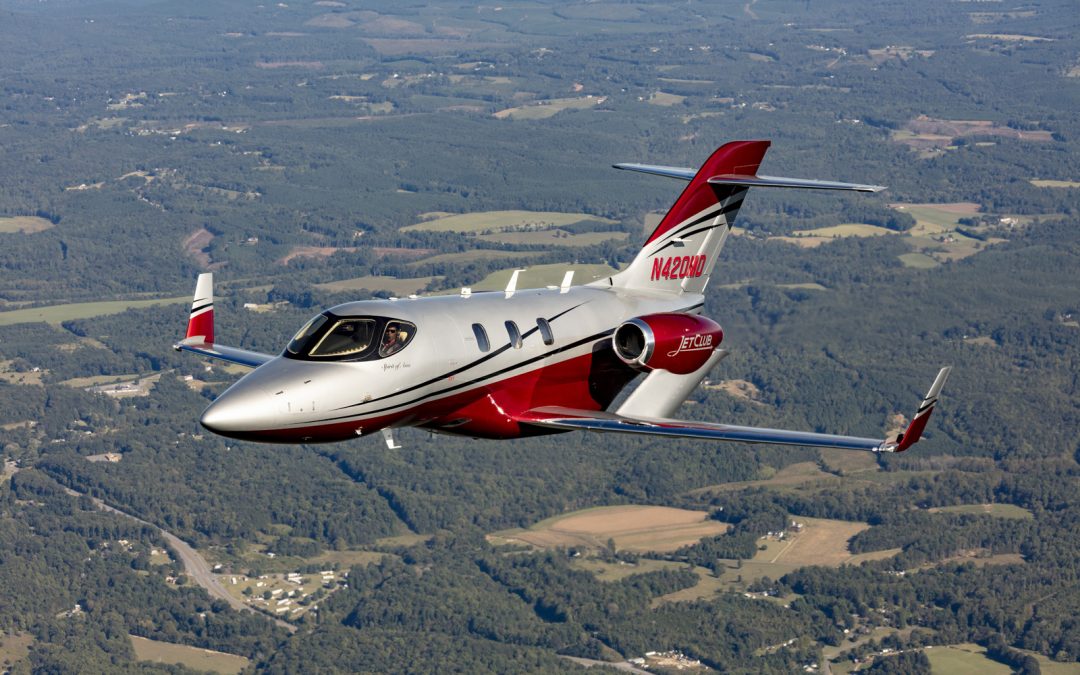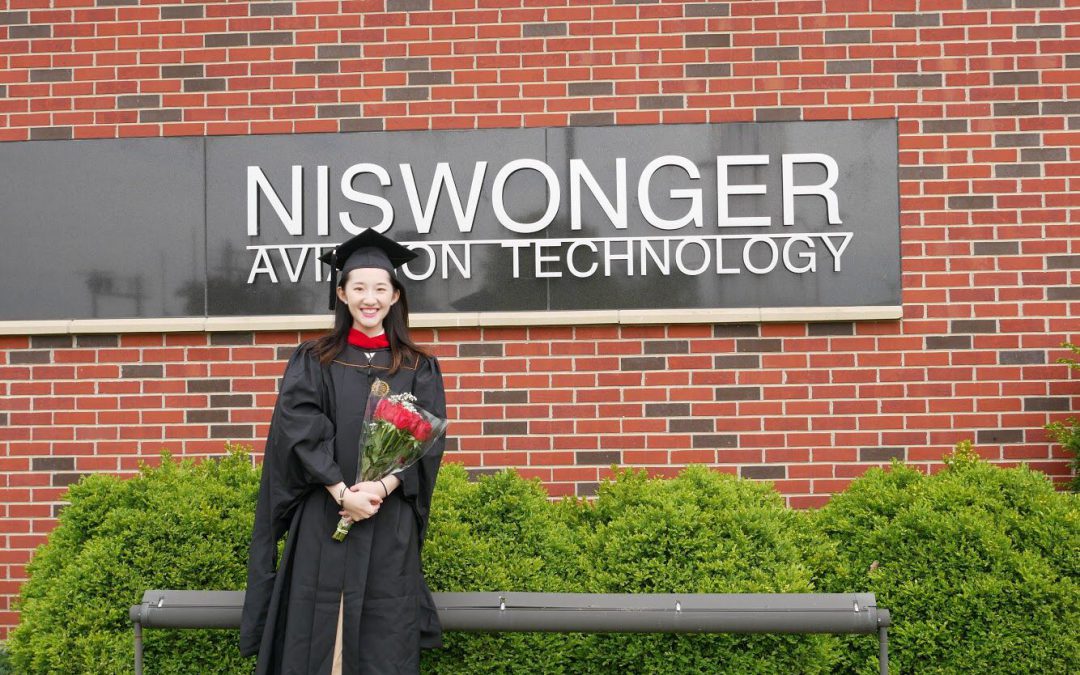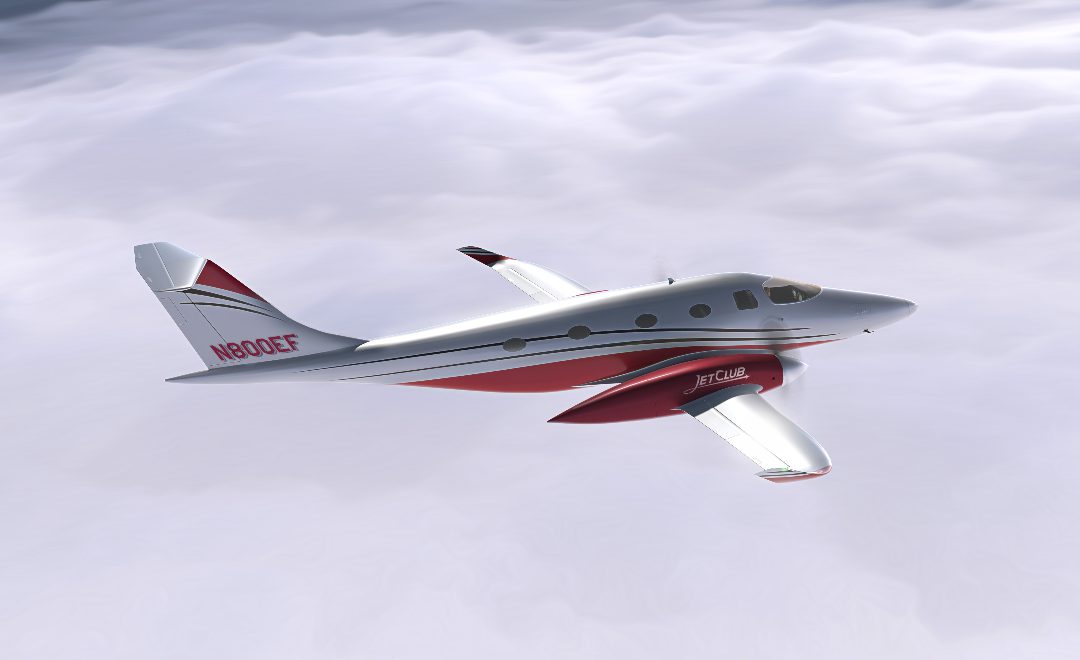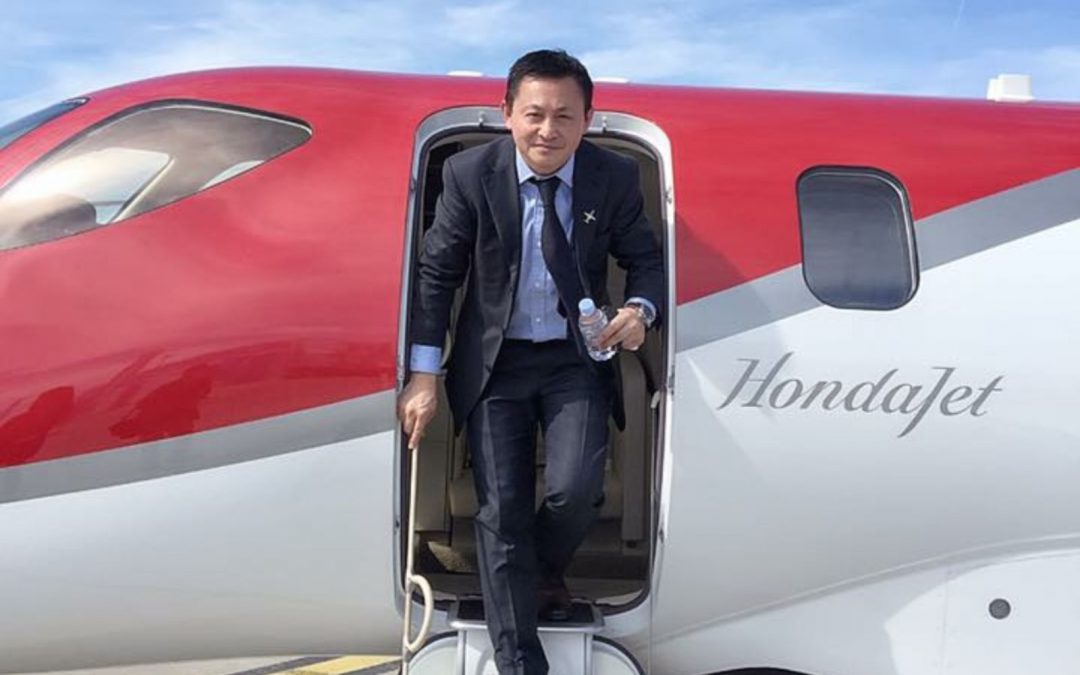Through COVID-19, there has been a paradigm shift in the understanding of the value proposition that business aviation (business travel using company owned aircraft or private air charter services) provides. Beyond its obvious use, i.e., for businesses to do more with less time, private aviation has been a literal life saver through the pandemic. From getting stranded students back home, to medical evacuation or even to the urgent transportation of PPE, private aviation has stepped in where commercial aviation could not.
Business aviation kept going when commercial airlines ground to a halt; it made mission impossible, possible. As international travel became more and more challenging, the awareness of business aviation as a viable alternative grew. While hygiene and travel health concerns reached a peak, business aviation enquiries soared. Utilizing private aviation reduces “touchpoints” by over 80% when compared with commercial airlines, and therefore it became a justifiable option for new users.
Although commercial air travel is slowly returning to service; travel times, conditions, and overall efficiency have plummeted. In parallel, business aviation has provided a lifeline to corporations and individuals. The value of business aviation as a tool, enabler, and solution has been realized.
Back to business
The misconception previously was that business aviation was an unnecessary expense. Now, shareholders are increasingly viewing private air travel as a way to maximize executive productivity. Business aviation is shedding the outdated, elitist aura as more SME’s adopt it as an efficiency tool.
The JetClub approach
JetClub has created a business model that is perfect for first time users, SMEs, and individuals to join.
JetClub is based upon an innovative aviation fractional ownership system whereby owners have access to the jet for a number of days per month. Users / owners can access multiple destinations in the same day at no extra cost, which is a unique offering in the private aviation market. The cost of flying privately via JetClub is significantly lower than traditional charter options, making it a justifiable expense to businesses that rely on travel.
JetClub’s light jet also presents a greener option. As consumers and businesses continue to place a heavy emphasis on sustainability, JetClub’s meets the needs of the market.

So why choose business aviation?
The following are top five reasons why business aviation is beneficial for most companies.
1. Convenience
2. Time saving
3. Privacy
4. Economics
5. Seamless experience
1) Convenience
The basic premise of business aviation is that it provides a tremendous amount of flexibility to the senior executives who want to travel where and when they need to do so. For example, in many cases the corporate headquarters are located in tier 1 cities and the factories or project locations are based in tier 2 or 3 cities where commercial air connectivity may either not be available or the timings are highly unsuitable. In such cases, a CEO along with her or his team of three to four executives can travel to multiple destinations and return home the same day.
Furthermore, the most tiring part of air travel in case of multi city visits is the layover time at airports. When using business aircraft, executives can move in and out of airports in less than 15 minutes and can cover three or four cities in a single day.
Business aviation is an important tool that gives busy executives the ability to remain “close to the customer” in a challenging business environment and reduces waste by saving thousands of hours of non-productive travel time.
According to 2017 NBAA report business aviation contributed to enterprise values of the best managed companies in USA.
It is clear that the convenience offered by private air travel has a significant, positive impact on the morale and productivity of the executives and is a justified use of corporate resources.
2) Time saving
For corporate executives, time is the most precious and limited resource. It becomes a stressful situation when airlines get delayed or executives get stuck in traffic and are anxious of missing a flight. Second, the pandemic has increased travel administration and in turn check-in and security check times are now far longer. At the minimum, travelers must arrive at airport at least three hours prior to departure. Hardly an efficient process for a business leader trying to do more with less time.
In private air travel, executives can arrive just 15 minutes prior to departure, check in via a dedicated aviation terminal and their luggage can be loaded directly in the aircraft. In some cases, travelers can save almost 80% of the dwell time that they would spend at an airport. In addition, if the executives are late for some reason, the aircraft will wait.
Business aircraft are often referred to as time machines because they free up significant amount of valuable executive time thereby creating a stress-free, smooth travel experience.

3) Privacy
The value addition of this aspect is incomparable to those executives who like to make full productive use of their time on the aircraft. Most executives like to get their work done or discuss important client issues prior to their meeting at the destination city. By utilizing private aviation, a team of three to four executives can sit in a club style seating arrangement in a business aircraft and can discuss sensitive project issues or have a full scale meeting in the privacy of their aircraft. This cannot be done in a commercial airline business class where other travelers can listen to your sensitive business communication or long-haul first-class compartment, where seats are often highly segregated and such discussions are often not possible. If an executive is traveling alone, it also provides a much needed ‘disconnected’ or ‘me time’ to reflect about macro business issues.
According to a 2009 survey by the National Business Aviation Association, respondents rated themselves as 20% more productive while on company aircraft than in the office. Their counterparts flying commercial reported a 40% drop in productivity.
The privacy offered by business aircraft is much valued by corporate executives for the value it adds to their work.
4) Economics
The average cost per seat on a JetClub light jet is only slightly higher as compared to a business class fare of a commercial airline but provides all the value associated with private air travel as mentioned above. In addition, executives can avoid overnight stay at hotels which not only saves corporate costs, but they are also able to return home to their families rather than spend a night at a hotel. In addition, executives can report to work next day and spend productive time in the office rather than spending time traveling on commercial airline the next day had they not used a private air service.
Economics could be a secondary consideration when safety and privacy of the passengers could be a concern. Top executives of Fortune 500 companies, politicians, celebrities and sports teams usually attract lot of attention and need to have a hassle free and secure way to travel, which is provided best by private air travel.

5) Seamless experience
Finally, the key rationale of business aviation is to have a hassle free and seamless travel experience, while utilizing the quiet space and efficiency that is needed to successfully carry out executive responsibilities.
Few good quality air charter companies or in-house aviation companies managing company aircraft work hard to work out the minor details such as car drop to the airport, fast check-in, customized onboard catering according to passenger preferences, inflight calls and/or wi-fi service, transfer to a helicopter, if required, and car pick up at the destination airport etc.
Such seamless travel experiences are not indulgences. Rather they are essential to executive travel and if carried out as one unified process with great attention to details, they significantly help executives to focus on matters which are of highest priority to the company while on business travel.
In summary, business aviation has become an essential business requirement. Hence the paradigm shift towards perceiving business aviation as a necessity and not as a luxury indulgence is a step forward in increasing executive productivity.
(* Business aviation, for the purpose of this article, is considered any flight which is undertaken on company owned aircraft or a chartered aircraft for business purposes)
Join the conversation, we would love to hear any comments from you, if any.
Sudhir S. Rajeshirke is Chief Operating Officer, JetClub.

